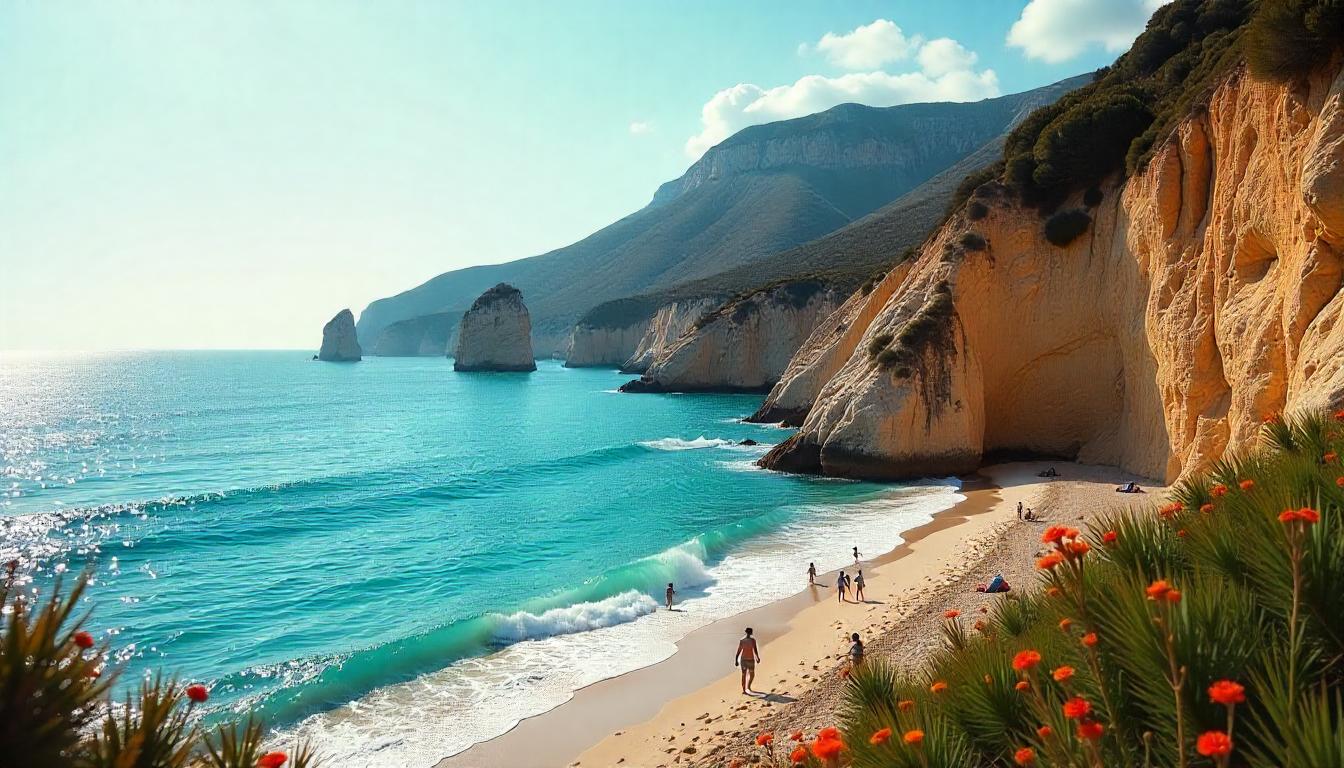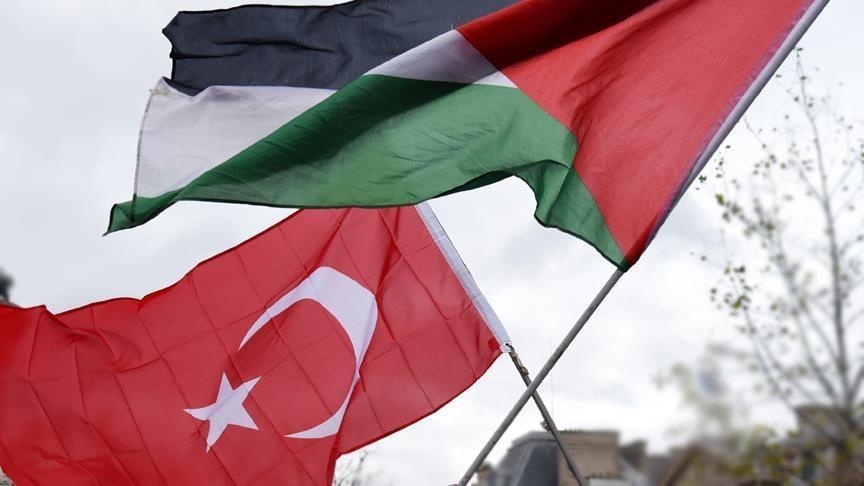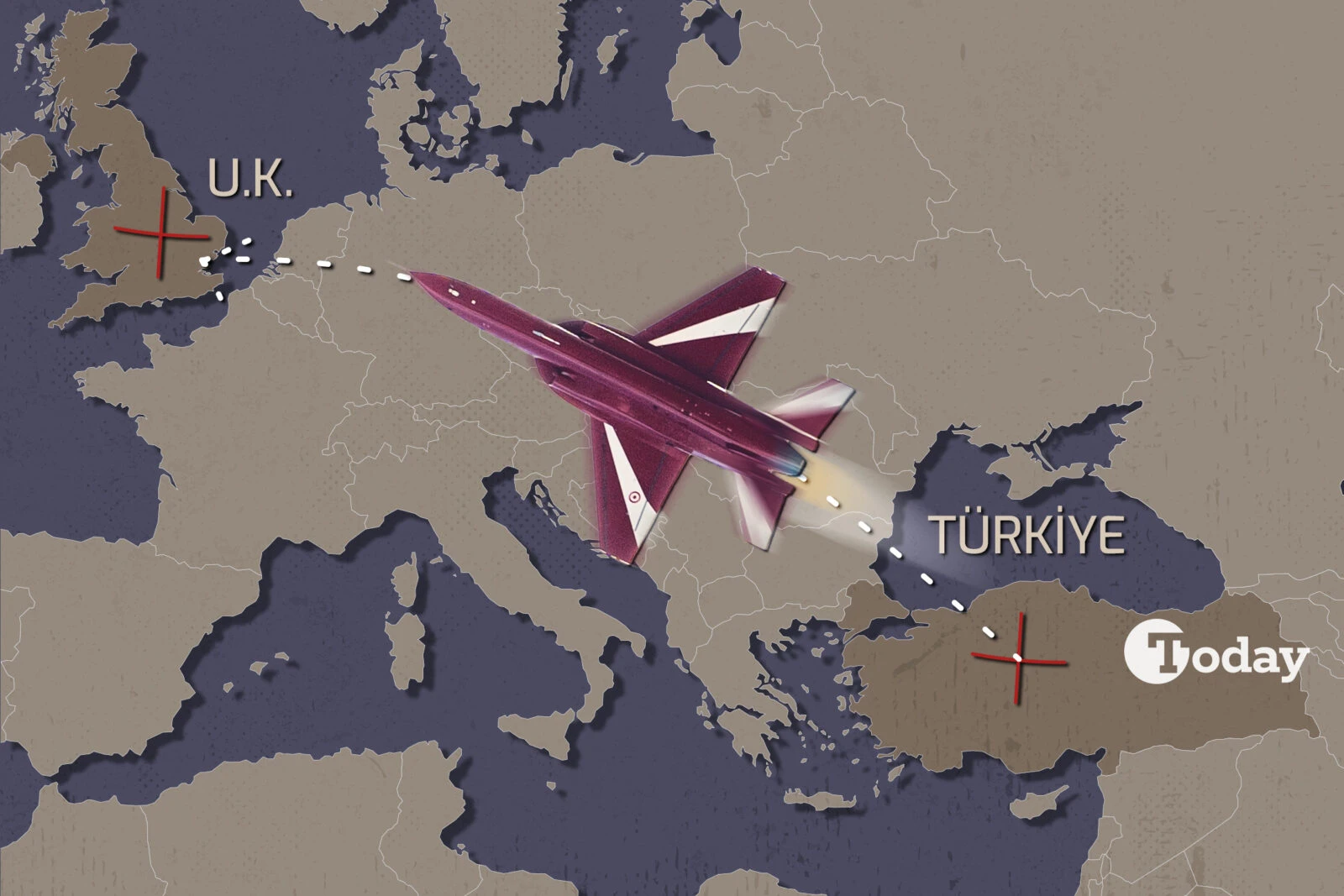Majorca’s Tourism Faces Setback as British Tourists Shift Focus to Budget-Friendly Greece and Turkey Amid Middle East Crisis – Travel And Tour World
Saturday, July 5, 2025

Majorca’s tourism sector is facing a significant setback as British tourists increasingly turn to budget-friendly destinations in Greece and Turkey. This shift comes in the wake of escalating tensions in the Middle East, which has prompted British travel companies to slash prices for flights and package holidays to these popular Mediterranean spots. While this offers affordable options for travelers, it has led to a decline in tourism to Majorca, a destination heavily reliant on British visitors, raising concerns for the island’s economy.
Declining British Tourism to Majorca: Impact of Middle East Tensions and Competitive Pricing from Greece and Turkey
In recent months, escalating tensions in the Middle East have led British travel companies to drastically reduce their prices for flights and package holidays to Greece and Turkey, which has, in turn, significantly affected tourism to Majorca. This development, while beneficial to travelers seeking budget-friendly vacation options, has raised concerns for Majorca’s tourism sector, which is heavily reliant on British visitors.
Flight and Package Holiday Discounts to Greece and Turkey
British holidaymakers looking for a summer escape have increasingly turned to affordable options in Greece and Turkey, thanks to massive discounts from top travel companies. TUI, one of the leading package holiday operators, is offering budget-friendly packages to Kavos on the Greek island of Corfu, with prices starting at just £228 for a trip on July 13th. This remarkable deal aims to attract last-minute travelers eager to enjoy the sun without breaking the bank. Additionally, Jet2 Holidays, the largest package operator in the UK, is providing week-long stays in Parga, a scenic town in northwest Greece, as well as in popular Turkish resorts such as Marmaris and Bodrum. These destinations, beloved for their rich cultural experiences and stunning coastlines, are being offered for less than £300 per week.
These price reductions are a direct response to the growing demand for affordable getaways and the competitive nature of the European tourism market. With the uncertainty in the Middle East driving many tourists away from the region, travel companies have had to adjust their pricing structures to remain competitive and retain market share.
Majorca Faces a Decline in British Tourism
Despite the rising popularity of Greece and Turkey, Majorca, traditionally one of the most sought-after summer destinations for British tourists, has seen a notable decline in visitors. Tourism to the island has been deeply impacted by several factors, not least of which is the shift in British travelers’ preferences due to the price cuts in Greece and Turkey. While some local residents of Majorca may find satisfaction in the reduction of crowds, the decline in tourism is likely to have serious economic consequences.
Tourism has long been a cornerstone of Majorca’s economy. In 2021, the sector contributed approximately 45 percent to the island’s GDP, providing vital income and supporting thousands of local jobs. The sharp drop in British tourism could exacerbate the already struggling hospitality sector, leading to a potential rise in unemployment and business closures.
Local frustrations have been growing over the years as the island’s infrastructure has struggled to cope with the increasing numbers of visitors, especially during peak summer months. With flights and hotels now offering attractive discounts to travelers heading to Greece and Turkey, Majorca’s tourism industry could face further economic setbacks, deepening the ongoing crisis within the sector.
Overcrowding and Protests Against Overtourism
One of the central issues that have emerged alongside the decline in British tourism to Majorca is the growing concern over overtourism. The island has witnessed rising protests from locals frustrated with the overwhelming crowds that flood its streets, beaches, and public spaces each summer. The strain on public resources, from public transport to waste management systems, has been a source of contention, as the island’s infrastructure struggles to accommodate the increasing volume of tourists.
Tensions between local residents and tourists have reached a boiling point, and many are now calling for a reduction in the number of visitors, particularly from countries like the UK. These concerns are not isolated to Majorca, however, as protests are also expected to take place in other Spanish cities such as Barcelona, San Sebastián, Granada, Minorca, and Ibiza. Marches are anticipated in Lisbon, Portugal, and parts of Italy, including Genoa, as European cities continue to grapple with the impacts of overtourism.
The Rise of Southeastern Europe as a New Tourist Hub
The decline in British tourism to Majorca is also reflective of a wider trend that has seen southeastern Europe become increasingly popular among British travelers. Countries such as Croatia, Bulgaria, and Albania, which offer more affordable and diverse landscapes, have gained traction post-pandemic. These destinations boast scenic beauty, rich history, and lower price points, making them increasingly attractive alternatives to the more expensive resorts in Spain.
Travel industry analysts predict that this trend is unlikely to slow down anytime soon, as British travelers continue to seek value for money without sacrificing the quality of their holiday experience. With more flight options and holiday packages available to these southeastern European destinations, the competition for the British tourist market is expected to intensify. This shift in consumer behavior further compounds the challenges facing Majorca’s tourism industry.
Regaining British Interest in Majorca
Tourism leaders in Majorca are now facing the difficult task of revitalizing the island’s appeal to British travelers. To achieve this, they will need to identify effective strategies that strike a balance between attracting visitors and addressing the concerns raised by locals regarding overcrowding. It is clear that maintaining the long-term sustainability of the tourism sector will require innovative solutions that preserve the island’s natural beauty and cultural heritage while accommodating tourists in a more controlled and responsible manner.
Majorca’s tourism is facing a downturn as British tourists shift their focus to more budget-friendly destinations in Greece and Turkey. This change comes amid rising tensions in the Middle East, prompting British travel companies to offer discounted holiday packages, which has impacted tourism on the Spanish island.
In conclusion, the decline in British tourism to Majorca, fueled by price reductions for flights and package holidays to Greece and Turkey, is a significant challenge for the island’s economy. While some locals may welcome the decrease in crowds, the impact on the hospitality sector is likely to be profound. The tourism industry must now navigate these shifts in consumer behavior and look for new ways to revitalize the island’s image as a top-tier holiday destination, balancing both tourist demand and the local community’s need for a sustainable tourism model.
«Enjoyed this post? Never miss out on future posts by following us»




